Upholding Programme Quality
Our goal is to continually improve our work - in order to provide effective responses that are relevant to the hopes and dreams of children worldwide. With this in mind, we are committed to monitoring, evaluating and strengthening the quality of our programmes.
In 2021, we worked hard to fulfil this commitment within the challenging context of scaling our work. Our continued focus on relevance saw us explore new areas of programming - with a particular emphasis on youth empowerment.
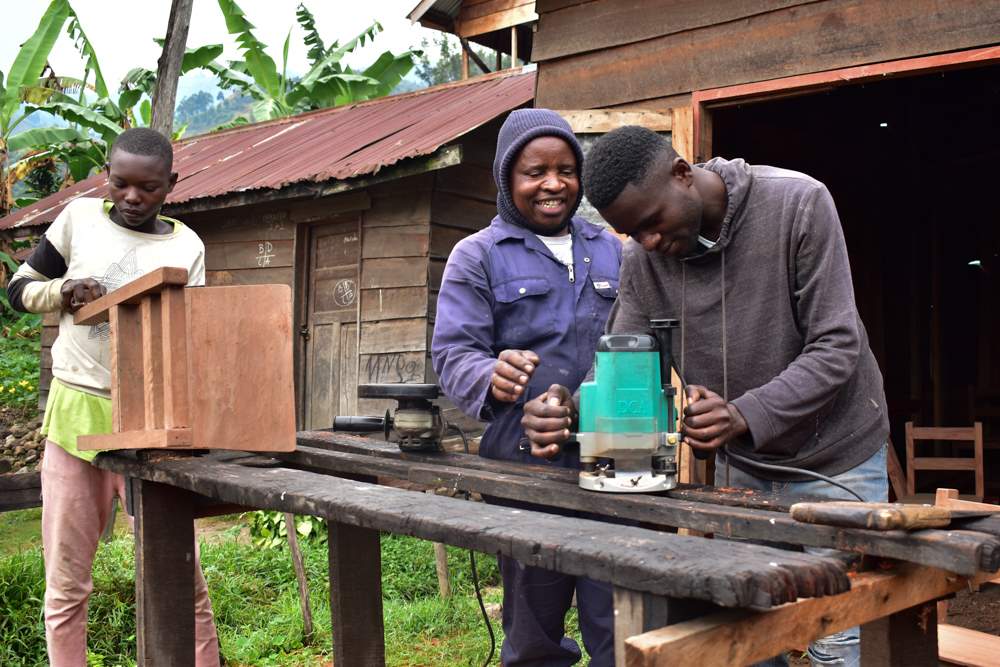
Children and Youth Key to the Solution
Children and young people affected by armed conflict are at the heart of everything we do. Their participation in developing solutions to the challenges they face is key to the design of our programmes.
The year welcomed an organisation-wide process to revise our Theory of Change. One key revision was to broaden the scope of our programming to include activities that directly contribute to youth freedom of choice and action.
We were proud to deliver an online strengths-based mentorship program for the Compact for Young People in Humanitarian Action - a movement of more than 53 international organisations all calling for the specific needs of youth to be prioritised in global response efforts.
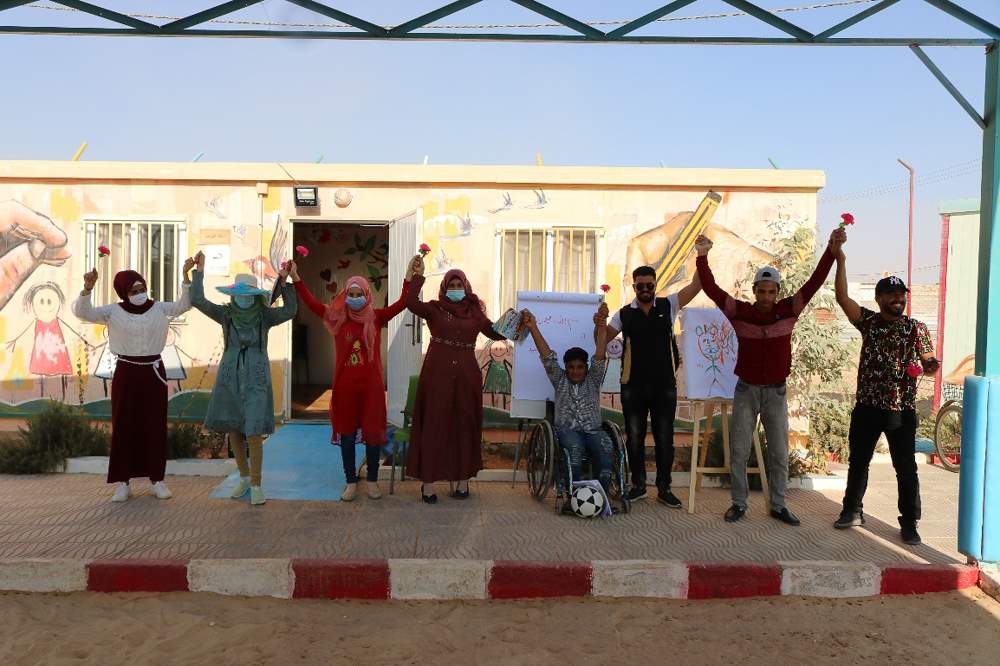
From early marriage to domestic violence, COVID-19 has intensified the threats experienced by women and girls worldwide. 2021 saw a series of gender-responsive programming workshops take place at our Colombia, Jordan, Cyprus and Lebanon offices. The exploration of a project to improve the meaningful participation of Palestinian women and girls in political decision-making processes was also a significant highlight.
Sharing Best Practice
Led by our team of thematic specialists, the year saw us revise our education, psychosocial support and child protection strategies. This saw us accelerate our contribution to a variety of humanitarian networks.
Our involvement in these networks allows us to both improve and share best practice. Several key learning initiatives were developed over the course of 2021, helping us grow the capabilities of our staff and partner organisations.
Highlights included the external launch of our Conflict-Sensitive Education e-course - developed in partnership with Save the Children UK and the Humanitarian Leadership Academy and featured in an online series by the Inter-Agency Network for Education in Emergencies.
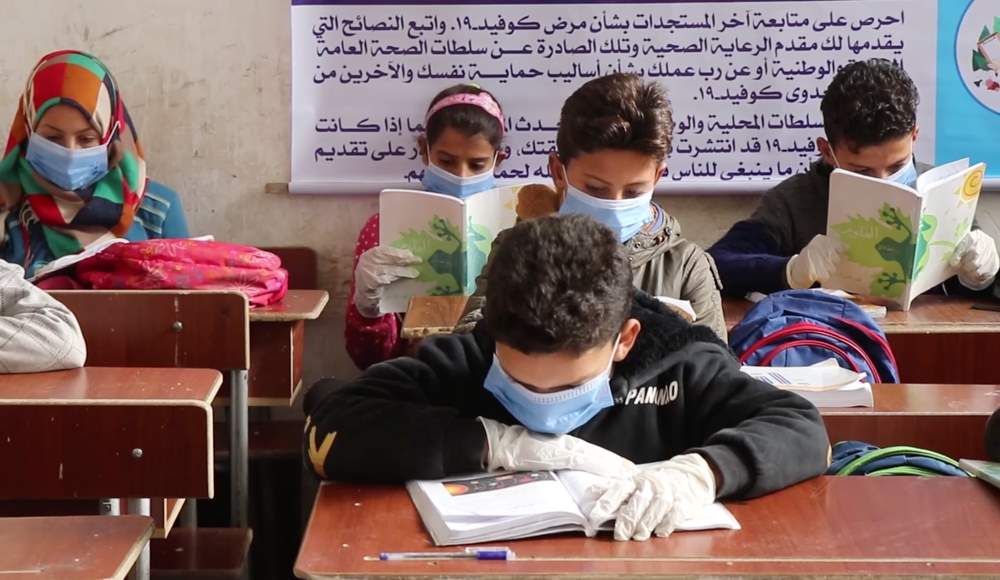
We also collaborated with the Child Protection Humanitarian Alliance to develop a series of learning modules and guidance notes on important topics such as the representation of children associated with armed groups and forces.
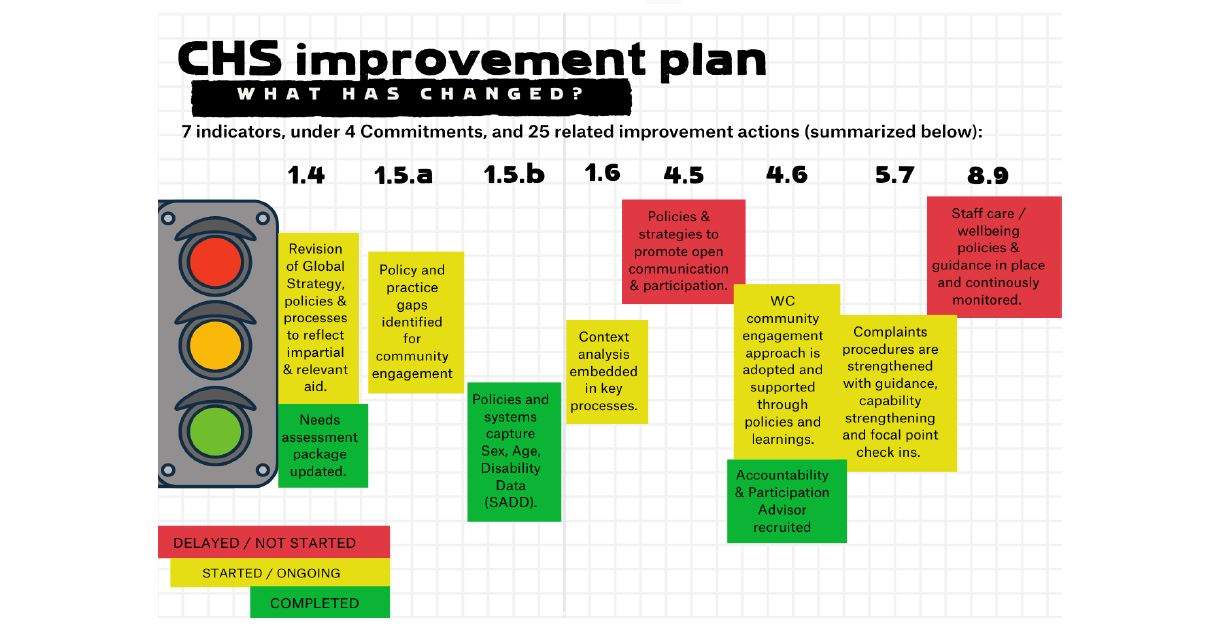
Meeting Global Standards
The quality of our programmes is further strengthened through our work to align with global standards on humanitarian action. Through a self-assessment at the end of 2020, our membership of the Core Humanitarian Standard (CHS) Alliance was significantly bolstered.
Centred around the importance of people-centered action, several key learnings came out of the assessment and were carried forward in our improvement plan. For more on this year-long accountability journey, read this blog by Hana Abul Husn, our Global Planning and Monitoring and Evaluation Specialist.
In addition, we improved our adherence to the Minimum Humanitarian Standards. Our Minimum Standards e-course - housed on the War Child Learning World - was adapted to include the IASC Guidelines on inclusions of persons with disabilities.
Monitoring and Evaluation
The work that we do is based on humanitarian best practice - but we don’t stop there. The year saw us make a number of improvements to our internal quality assurance mechanisms and processes.
A review of our Global Monitoring Framework was at the heart of these improvements. Efforts to include expanded disaggregation requirements is helping us look at programme data with more attention to individual needs.
Ready, Set, Grow
Following in the footsteps of TeamUp and Can’t Wait to Learn, several of our evidence-based methods are now ready for scaling. The year saw us begin to adapt and contextualise these methods so that we can include them within our global programmes and share them with partners.
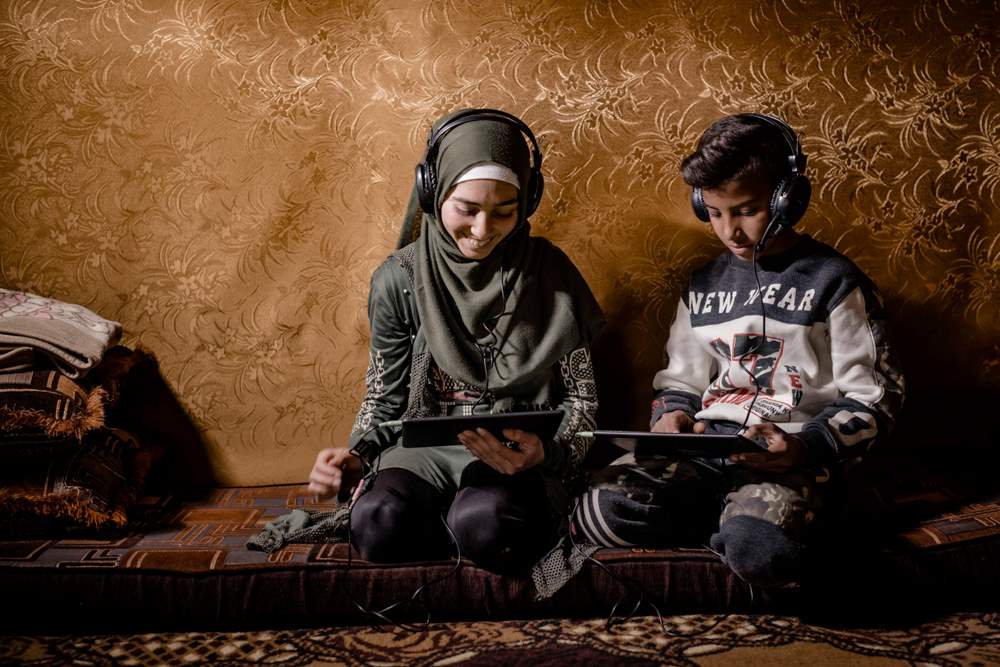
Reflection and learning are absolutely vital as we grow. By taking these steps, we are hopeful that we can offer quality support to many more children in the years to come.
